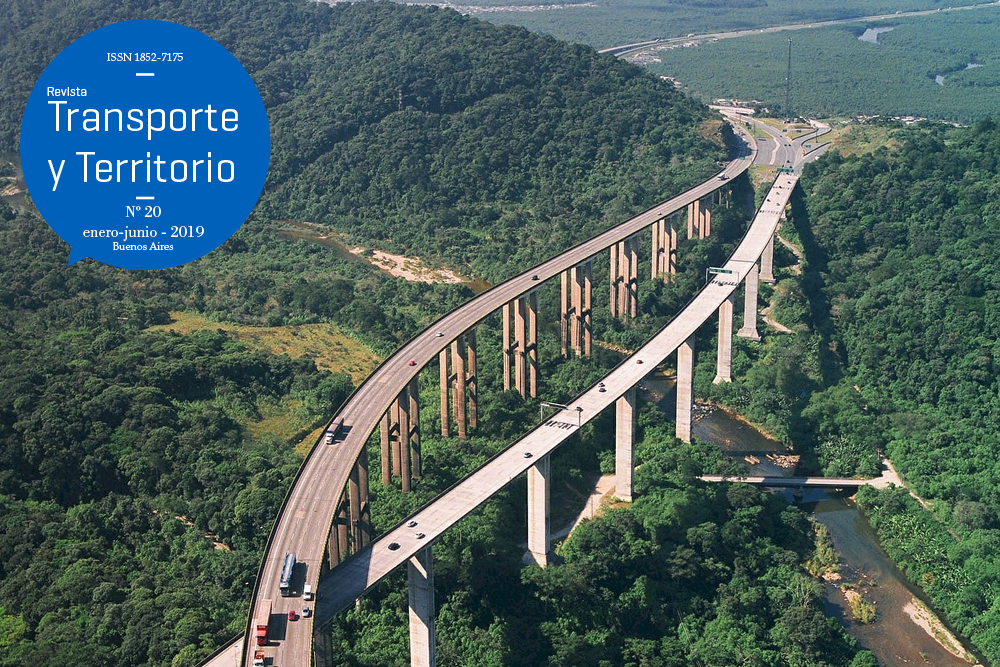The reproduction of old paradigms in public transportation and mobility policies: analysis applied to Florianopolis metropolitan region
Keywords:
socio-spatial formation, institutional issues, planning, mobility and transport
Abstract
Urban mobility policies in Florianopolis Metropolitan Region (FMR) have been affected by aspects inherent to their socio-spatial formation. The political structure, as well as planning and management institutions comprise a superstructure that derives from conservative social relations rooted both in State and in civil society. Such relations result in the materialization of obsolete planning paradigms and in deepening the contradictions between territory and mobility. These assumptions aim at emulating interventions that have succeeded in other contexts and times, although they did not solve singular contradictions in the FMR public transportation system. Planning institutions avoid interfering in power structures built around the real estate industry and public transportation systems. Thus, interventions based on the design of connective spaces ignore that transportation is just part of a broader mobility policy; they also disregard the need of developing a policy focused on land-use mix, on subsidies to public transportation, on integrating different transport technologies and on the inter-institutional integration of planning agencies. Therefore, the potential of the aforementioned Santa Catarina State coastal sub-space for non-motorized motilities, as well as for catamaran and light rail transit – which derive from the compact and promontory-embedded Portuguese urbanization –, is surprisingly neglected.Downloads
Download data is not yet available.
Published
2019-04-01
How to Cite
Giraldi Cocco, R. (2019). The reproduction of old paradigms in public transportation and mobility policies: analysis applied to Florianopolis metropolitan region. Revista Transporte Y Territorio, (20), 214-245. https://doi.org/10.34096/rtt.i20.6390
Section
Dossier

1.jpg)

3.png)























